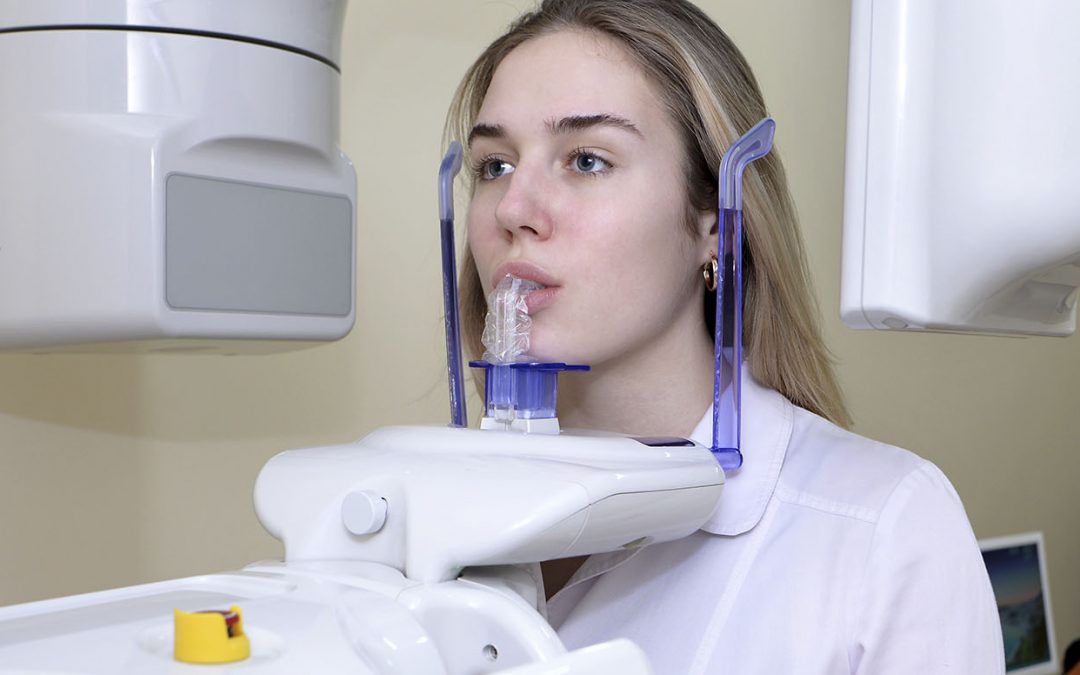ISO 14801 Dental Implant Connection Stability Testing
The ISO 14801 standard is an essential benchmark for the testing of dental implant connection stability. This international standard ensures that dental implants meet stringent requirements for safety, reliability, and performance in clinical use.
Dental implants are critical components used to replace missing teeth or anchor prosthetic devices. The connection between the implant and the abutment or crown is a pivotal aspect of their functionality and longevity. ISO 14801:2016 establishes standardized testing methods that assess the stability of these connections, ensuring they can withstand the forces exerted during normal use.
The testing procedure involves subjecting the connection to cyclic loading and unloading cycles. The apparatus used for this test includes a specialized machine capable of applying precise loads in accordance with ISO 14801 requirements. After each cycle, the displacement and force are measured to determine if any changes occur that could compromise the integrity of the connection.
The primary goal of this testing is to ensure the dental implant can maintain its stability over time under various loading conditions. This is particularly important for implants used in critical areas such as the maxillary sinus or posterior mandible, where stress concentrations are common.
Compliance with ISO 14801 standards ensures that manufacturers and clinicians have confidence in the reliability of dental implants. This standard helps prevent potential failures that could lead to complications for patients, such as implant loosening or failure to integrate properly into the jawbone.
The testing process is conducted under controlled environmental conditions to simulate real-world scenarios. Factors like humidity, temperature, and vibration are carefully managed to ensure accurate results. Specimens used in these tests are typically prepared from prototypes of dental implants that have been manufactured using clinically relevant materials and design specifications.
Once the testing is complete, detailed reports are generated summarizing all test parameters, including load values, displacement measurements, and any observed changes or failures during the testing cycles. These reports serve as valuable tools for manufacturers to identify potential issues in their designs and improve product quality.
The ISO 14801 standard plays a crucial role in maintaining high standards of patient safety and treatment efficacy. By adhering to this international guideline, dental implant manufacturers can ensure that their products meet the highest levels of performance and reliability expected by healthcare professionals worldwide.
Scope and Methodology
The ISO 14801 standard provides a comprehensive framework for testing the connection stability between dental implants and their associated components. The scope of this testing encompasses various aspects, including:
Testing of implant connection to abutments.
Evaluation of connection stability under cyclic loading conditions.
Assessment of the ability of the connection to withstand static loads.
Verification of the durability and reliability of the connection over extended periods of use.
The methodology for conducting this testing involves several key steps:
Specimen preparation: The dental implant or abutment is prepared according to the manufacturer's specifications.
Instrumentation setup: A specialized machine capable of applying cyclic loads and measuring displacement and force is calibrated and configured for the test.
Loading cycles: The connection between the implant and abutment is subjected to defined loading cycles, with measurements taken at each stage.
Data analysis: The collected data are analyzed to determine any changes in the connection's stability.
The results of these tests provide critical insights into the performance characteristics of the dental implant connection. This information is invaluable for manufacturers and clinicians, helping them make informed decisions about product design and clinical practice.
Eurolab Advantages
EuroLab offers unparalleled expertise in ISO 14801 dental implant connection stability testing. With a team of experienced professionals, state-of-the-art facilities, and cutting-edge technology, we provide comprehensive services that meet the highest standards.
Comprehensive testing capabilities: We have the necessary equipment to perform all aspects of ISO 14801 testing, ensuring accurate and reliable results.
Advanced instrumentation: Our specialized machines are calibrated to international standards, guaranteeing precise measurements.
Dedicated facilities: Our laboratories are equipped with everything needed for thorough specimen preparation and testing in controlled environments.
Accurate reporting: We provide detailed reports that summarize all test parameters and results, offering valuable insights into the performance characteristics of dental implants.
Our commitment to quality and reliability is reflected in our rigorous adherence to ISO 14801 standards. By choosing EuroLab for your dental implant connection stability testing needs, you can be confident that your products will meet the highest levels of performance and reliability expected by healthcare professionals worldwide.
Quality and Reliability Assurance
EuroLab is dedicated to maintaining the highest standards of quality and reliability in all our services. Our commitment to excellence is reflected in several key areas:
Certification: All our personnel are certified by relevant bodies, ensuring they have the necessary expertise and qualifications.
Continuous improvement: We regularly update our testing protocols and methodologies to align with the latest international standards.
Regulatory compliance: Our facilities and processes are fully compliant with all applicable regulations, including ISO 14801.
Sustainability practices: We implement environmentally friendly practices in our operations, minimizing our environmental impact.
By adhering to these principles, we ensure that every test conducted at EuroLab meets the highest standards of accuracy and reliability. This commitment to quality is what sets us apart from other testing laboratories and ensures that our clients can trust the results they receive.





